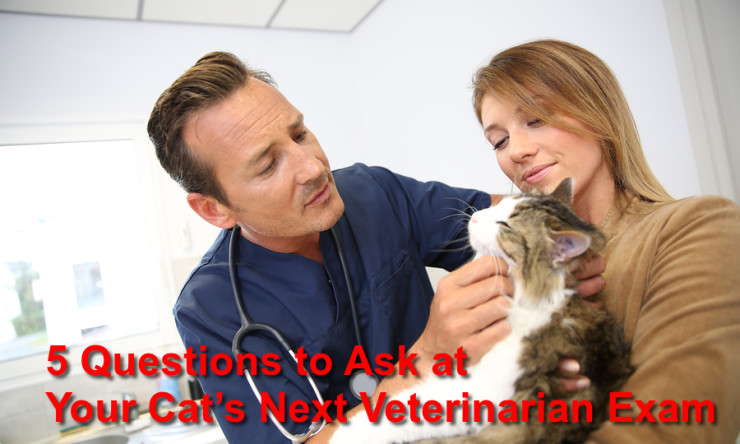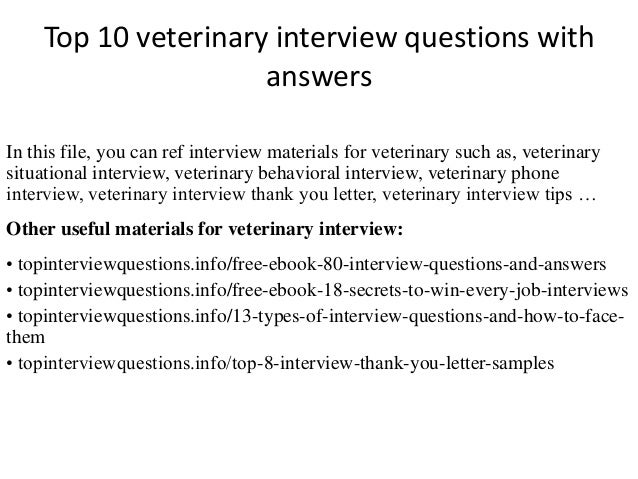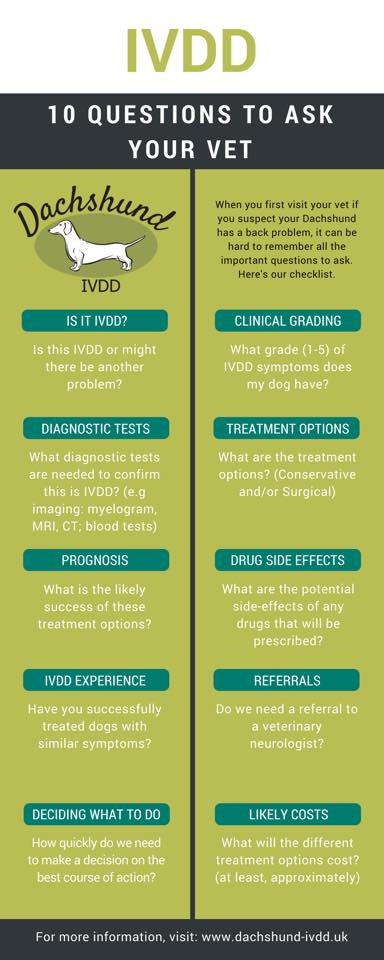Good Questions To Ask A Veterinarian

The well-being of our beloved pets hinges significantly on the quality of veterinary care they receive. Building a strong relationship with a veterinarian and engaging in open communication is paramount for ensuring optimal health outcomes.
Many pet owners, however, feel unsure about what questions to ask during veterinary visits, leading to missed opportunities for vital information. This article delves into the critical questions that every pet owner should consider posing to their vet, empowering them to become active participants in their animal's healthcare.
Asking the right questions can drastically improve your pet’s care. By taking an active role, you can help them live a healthier, happier life.
Understanding Your Pet's Condition
When your veterinarian diagnoses your pet with a condition, asking clarifying questions is essential. "Can you explain the diagnosis in layman's terms?" allows for a clearer understanding of the illness. "What are the potential causes of this condition in pets of this type and age?" helps to understand the background.
"What are the signs of the problem getting worse that I should watch out for?" is vital for monitoring your pet's progress at home. Knowing when to seek immediate veterinary attention can prevent potentially life-threatening situations.
According to the American Veterinary Medical Association (AVMA), informed consent is a crucial element of veterinary care. It is the veterinarian’s duty to make sure pet owners fully comprehend the recommended procedures, their risks and their benefits.
Treatment Options and Prognosis
Inquiring about treatment options is vital in veterinary care. "What are the different treatment options available for this condition?" opens the door to explore the potential benefits and drawbacks of each option. "What are the pros and cons of each treatment option and which one do you recommend, and why?" helps personalize the treatment plan.
Understanding the likely outcome is a key part of that. "What is the prognosis with each treatment option?" gives insight into the expected outcome. "What are the potential side effects of the recommended treatment?" prepares you to manage the pet’s care during and after treatment.
"What is the long-term management plan for this condition?" is vital for chronic conditions. This ensures you're prepared for the ongoing care your pet might need.
Preventative Care and Wellness
Preventative care is just as crucial as treating illnesses. "What vaccinations are necessary for my pet, and what schedule should we follow?" ensures your pet is protected from preventable diseases. The AVMA provides resources and recommendations on core vaccinations for different animal species.
"What parasite prevention methods (fleas, ticks, heartworms) do you recommend for my pet, given our lifestyle and geographical location?" helps to protect your pet from external and internal parasites. Tailor-made advice is more useful to maintain pet health.
"What are your recommendations for my pet’s diet and exercise routine, considering their age, breed, and health status?" is critical for weight control and general health. Remember to follow a healthy lifestyle, and ensure your pet does too!
Understanding Costs
Veterinary care can be a substantial financial investment, so open communication about costs is important. "Can you provide a detailed estimate of the costs associated with the recommended treatment plan?" is a reasonable request. "Are there any less expensive alternatives that would still be effective?" may assist in managing expenses.
Do not be afraid to ask. Knowing the cost will help you make a decision.
"Do you offer payment plans or accept pet insurance?" helps to figure out how to manage payments. Pet insurance is something to consider to protect against unforeseen circumstances.
Emergency Preparedness
Knowing what to do in an emergency can be life-saving. "What are the signs of a medical emergency that require immediate veterinary attention?" is a critical question for all pet owners.
"What is your emergency protocol, and what should I do if an emergency arises outside of your regular business hours?"is important to plan for unexpected events.
"Do you offer telehealth or virtual consultations for minor concerns or follow-up appointments?" is more important than ever in today's world. It is always better to be prepared than to be sorry.
Having a list of emergency contacts ready is very helpful. Stay calm and act quickly when necessary.
Building a Strong Partnership
Ultimately, the best way to ensure your pet receives the best possible care is to build a trusting relationship with your veterinarian. "How can I best communicate with you regarding my pet's health concerns?" is a fantastic question.
"What resources (websites, books, support groups) do you recommend for me to learn more about my pet's health and well-being?" provides you with additional learning tools. Ask about the veterinarian's experience with cases similar to your pet's, if you have a special case.
By fostering open communication, asking informed questions, and actively participating in your pet's healthcare decisions, you can ensure they receive the best possible care throughout their lives. Remember, being an informed and engaged pet owner is the best way to advocate for your animal companion's well-being.


















